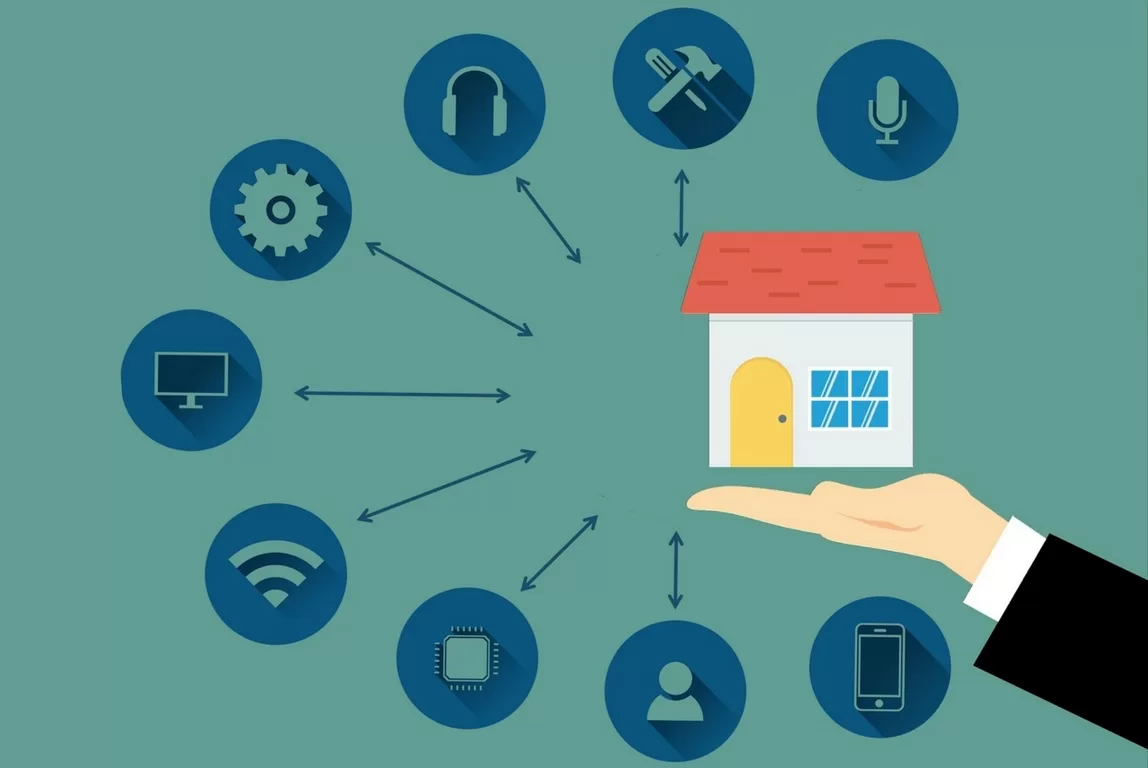Bereavement services provide vital emotional and practical support to those who have suffered a traumatic loss. The death of a loved one can be an incredibly difficult thing for anyone to process, and bereavement services provide a safe space for individuals to grieve, cope, and heal in their own time.

Bereavement services can come in the form of individual counseling or group therapy sessions, as well as other forms of social support such as peer support groups or helplines.
These services are often provided by experienced professionals who have the necessary skills to help those bereaved come to terms with their loss and rebuild their lives.
Definition and Types of Bereavement Services
Bereavement services are those that exist to provide support to people who are grieving the loss of a loved one. Grief can be an overwhelming and difficult experience, so bereavement services can play an important role in helping individuals cope with their grief and find ways to keep the memory of their loved one alive.
There are many different types of bereavement services available, and each has its unique purpose. Whether you need help with funeral arrangements or support in dealing with your emotions, click the link:https://www.thelifecelebrant.sg/bereavement-services.html.
One type of bereavement service is counseling or therapy. A counselor or therapist can provide individualized attention and guidance for those dealing with grief and loss, helping them to process their emotions, address issues they may be struggling with, and develop coping strategies for living with their loss.
Counselors may also offer group sessions where people experiencing similar losses can share stories and experiences while building supportive relationships with others going through a similar experience.
Another type of bereavement service is support groups. These groups offer a safe space where people who have experienced similar losses can meet up regularly to talk about their shared experiences, share advice on how they’ve dealt with the pain of grief, or just listen as others tell stories about the person who has died.
Support groups are often facilitated by trained professionals such as counselors or social workers who help guide conversations.
Benefits of Bereavement Services
The death of a loved one can be an overwhelming and traumatic experience. It is common to feel grief-stricken, isolated, and helpless in the days following the death. Bereavement services are designed to help those who are grieving cope with their loss in a healthy way.
These services offer many benefits that can help people cope with their grief and move forward in life with renewed strength and peace of mind.
One of the primary benefits provided by bereavement services is emotional support. Support groups are available for those who have lost someone close to them as well as for family members or friends who need guidance on how to best provide emotional support during this difficult time.
Counseling is also available from trained professionals who understand the unique needs of individuals when dealing with grief. Having access to these resources can help reduce feelings of isolation, guilt, and despair that often accompany loss.
Another benefit offered by bereavement services is practical advice on how to manage the practical aspects associated with a death such as funeral arrangements, estate planning, legal issues related to inheritance or insurance claims, etc., which may be overwhelming or unfamiliar tasks during such an emotionally charged period.
In addition, bereavement counselors can provide advice on how best to navigate through daily activities while still honoring your loved ones.
Who Provides Bereavement Services?
Bereavement services are an invaluable resource for those who have experienced the death of a loved one. Bereavement services provide emotional support, practical guidance, and access to a variety of resources that can help individuals cope with the difficult process of grieving.
It is important to know who provides these services and how they can be accessed to make sure that everyone has access to the care they need during this difficult time.
There are several types of organizations that provide bereavement services. Hospices, funeral homes, churches, and other religious organizations often offer grief support groups or individual counseling sessions for those in mourning.
These organizations typically have trained counselors or other professionals on staff who are knowledgeable about the grieving process and are available to provide compassionate care for those dealing with loss.
Additionally, many local communities have volunteer-run bereavement centers which offer free or low-cost support groups as well as individual counseling sessions for those struggling with their grief journey.
In addition to traditional brick-and-mortar organizations providing bereavement services, there has been an increase in online resources offering remote counseling sessions via video conferencing platforms such as Skype or FaceTime as well as self-help materials such as eBooks and podcasts on topics related to grief recovery.
Who Can Access Bereavement Services?
Bereavement services are essential resources for individuals and families who experience the loss of a loved one. Although the process of grieving is unique to each individual, bereavement services can provide much-needed support to help those in mourning cope with their emotions and return to normalcy.
However, not everyone has access to these necessary resources due to financial obstacles or other factors, so those in need know who can access bereavement services.
The first step in accessing bereavement services is speaking with a doctor or mental health professional about your needs and what type of support would be most beneficial. Many hospitals have counselors on staff who specialize in grief counseling and can provide guidance for individuals dealing with loss.
Those without insurance may be able to find low-cost options through local health clinics or nonprofit organizations that offer free counseling sessions.
For those facing financial hardship related to their loved one’s death, there may be government programs available that offer relief from medical bills or funeral expenses. Depending on where you live, some states have established funds specifically designed for individuals experiencing financial difficulty due to the death of a family member.
How to Find Resources for Bereavement Support Services
The death of a loved one is one of the most difficult times in a person’s life. Grieving can be an overwhelming and isolating experience, so it’s important to find resources that can provide support during this difficult time.
Bereavement support services are available to help individuals cope with their grief and provide comfort during the mourning process. Here are some tips on how to find resources for bereavement support services:
- Contact your local church or religious organization: Many churches offer bereavement support services, including counseling sessions, memorial services, and other activities designed to help people cope with the loss of a loved one. Ask your pastor or minister if they offer such programs or if they can recommend any outside organizations that do.
- Reach out to mental health professionals: Licensed therapists and counselors specialize in providing emotional guidance for those dealing with grief and loss. Even if you don’t have insurance coverage for professional counseling sessions, many providers still offer free consultations as part of their service offerings.
- Check online resources: There are numerous websites dedicated to helping people grieve the loss of a loved one by offering helpful advice from experienced professionals as well as providing informative articles about coping strategies for dealing with bereavement-related issues such as depression or anxiety.
Conclusion
Bereavement services are an invaluable resource for those grieving the loss of a loved one. They provide much-needed emotional and practical support to help individuals cope with their grief, providing them with comfort and understanding during difficult times.
Bereavement services can also help individuals to create meaningful ways to remember their loved ones, helping them to come to terms with their loss. Ultimately, these services can be an important part of the healing process for those who have experienced loss.









